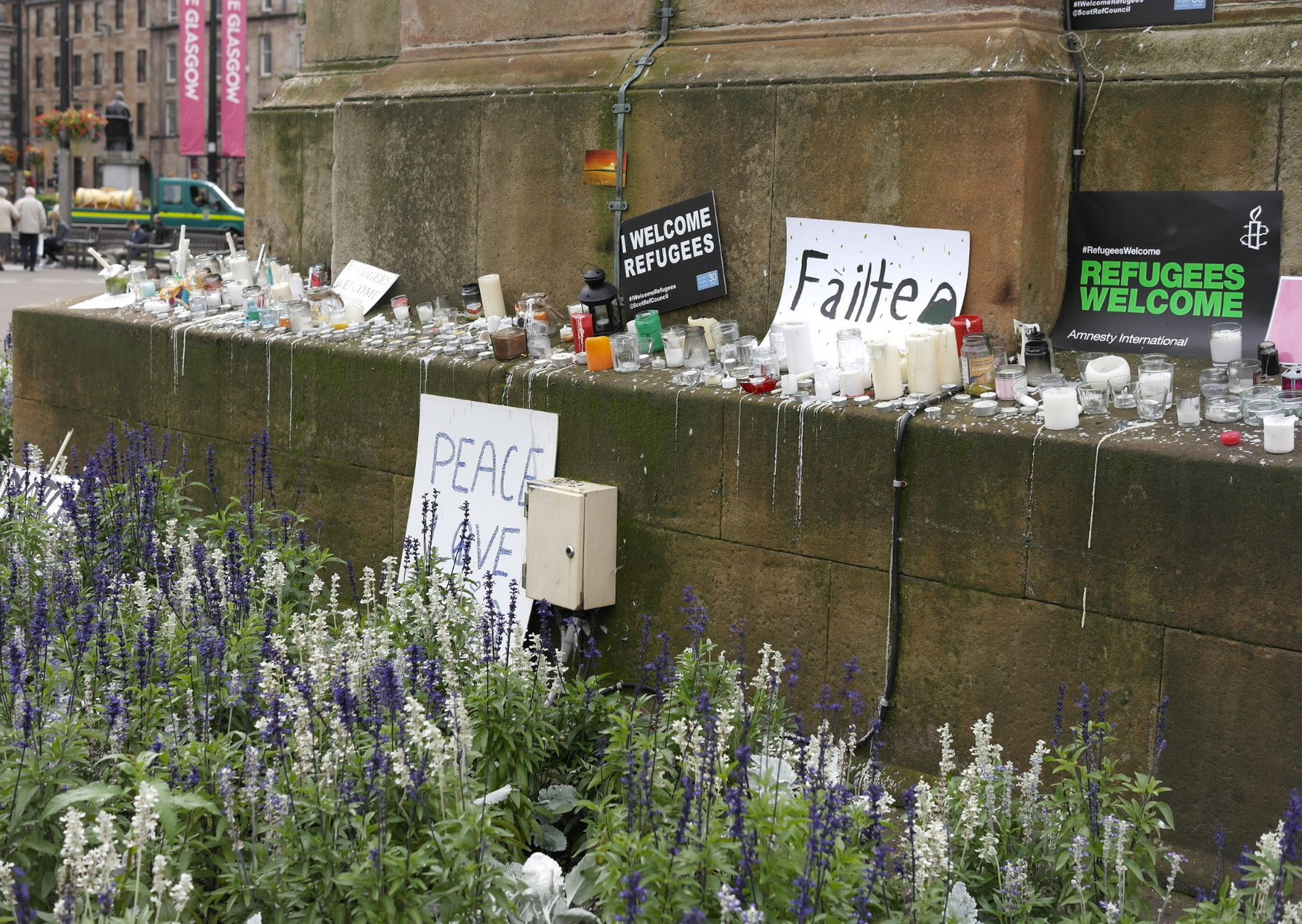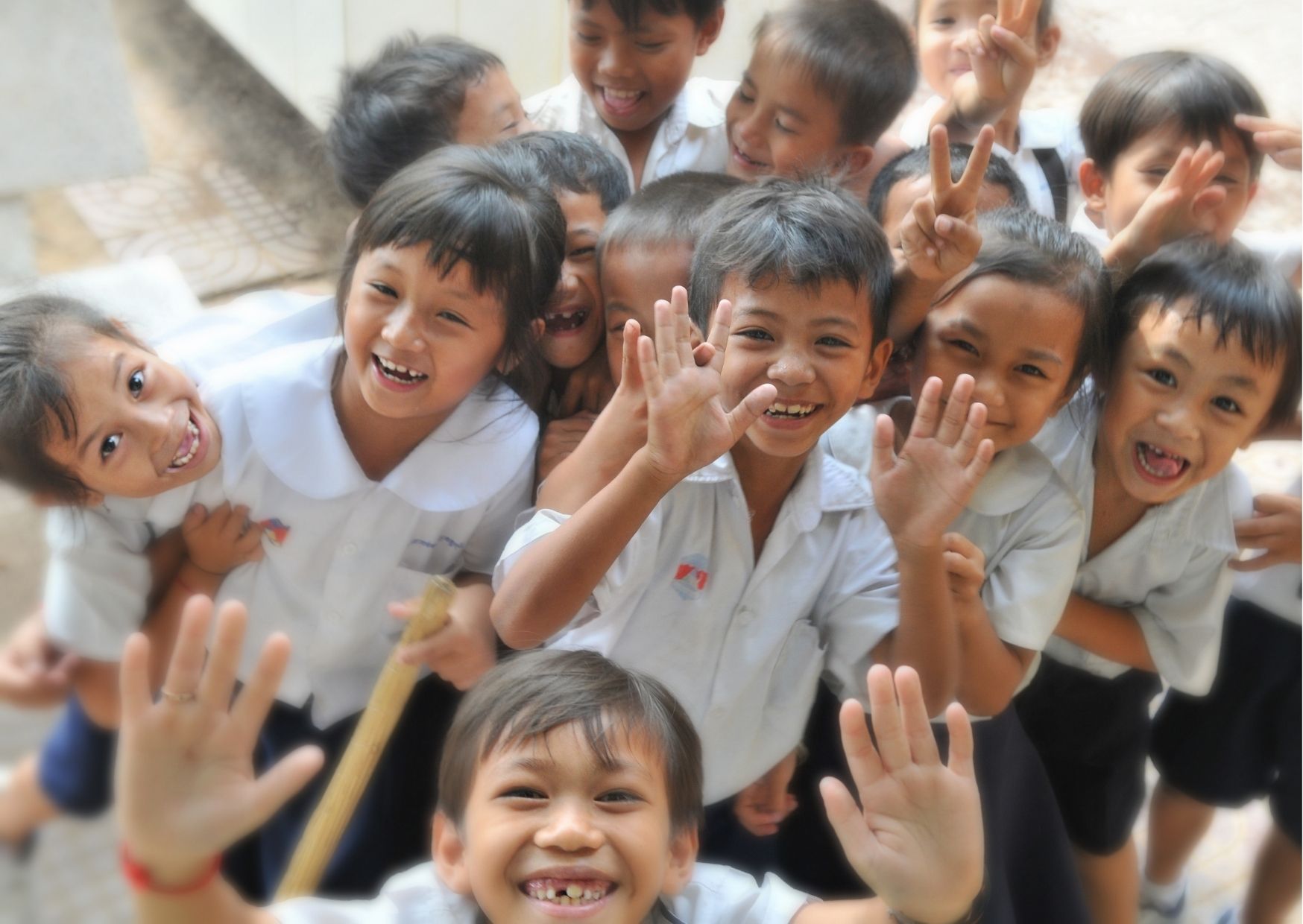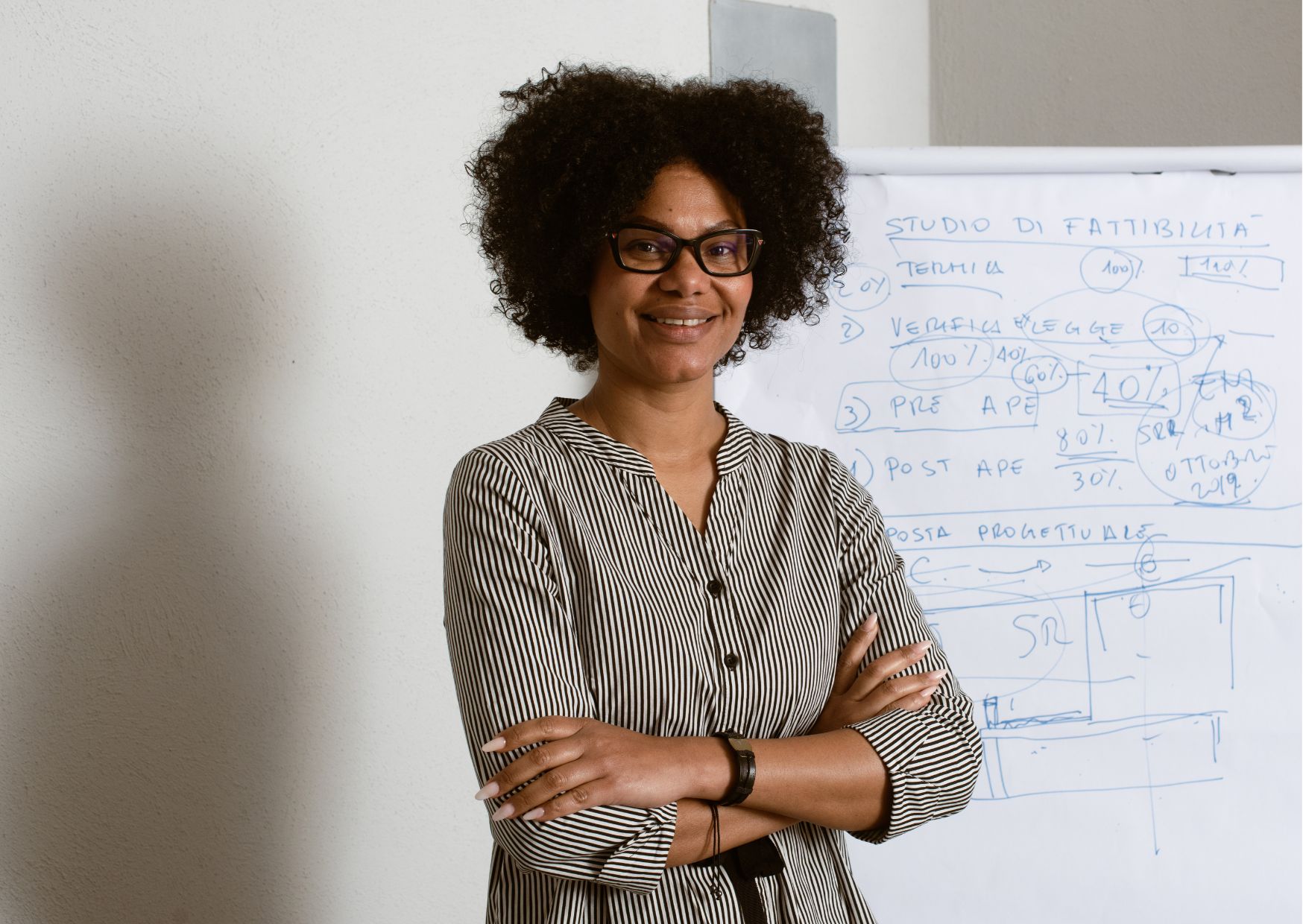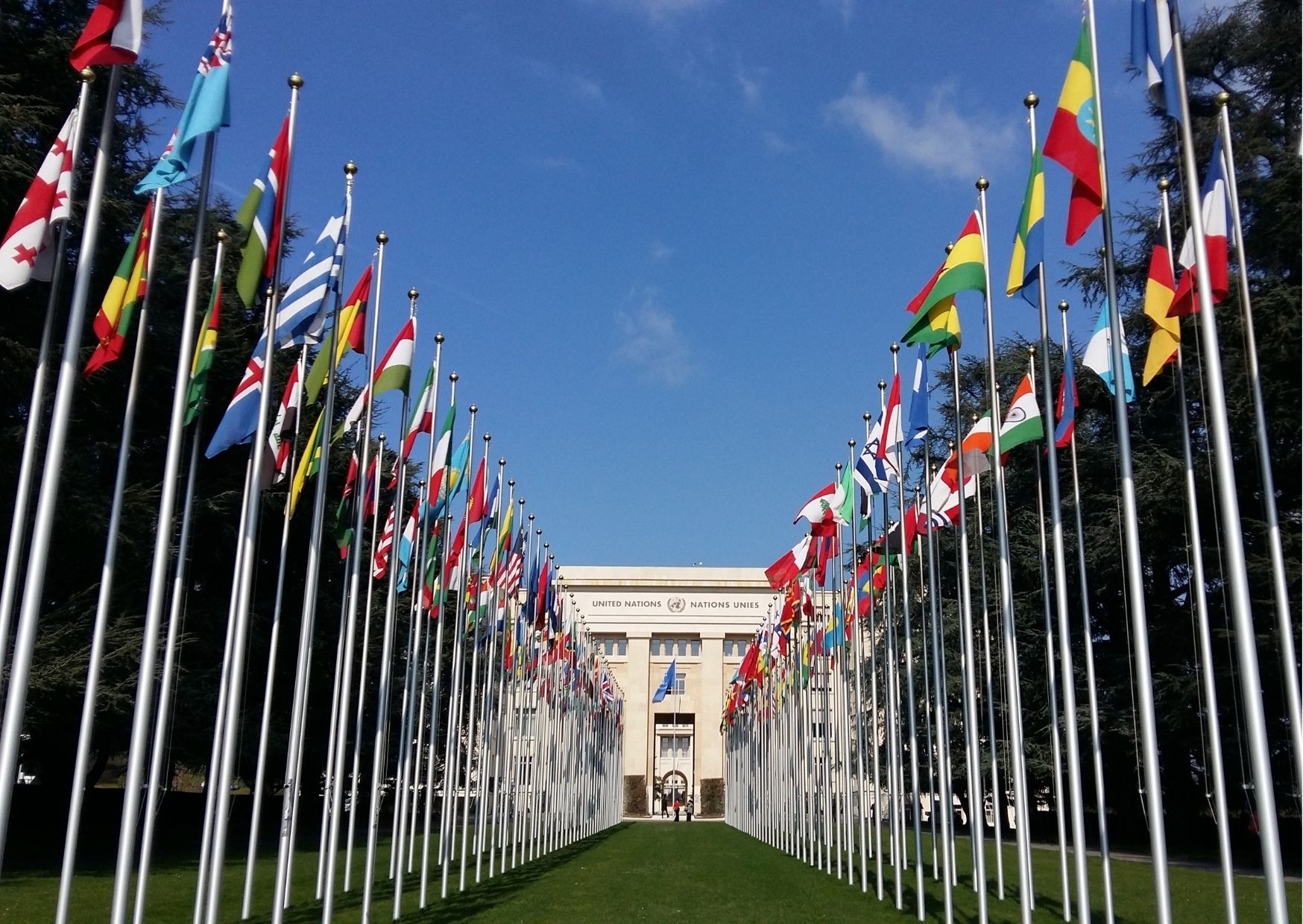
Guidance material for university and general education teachers
The guidance material will be a tool for teachers of higher and general education
institutions for understanding sensitive issues themselves and for having the knowledge of different methods how to
address these issues. The issues can be sensitive by their nature (another religion, genocides, position of women)
but an issue can also become sensitive because of the audience. The guidance material will address the following
topics: migration, minorities (sexual, ethnic, religious etc), war and political conflicts, interpretation of
historical events, generations and gender, religion in the public sphere.
The idea is not to teach the
“right” way of thinking or addressing an issue, but rather to be able to hear and understand other views, to be able
to communicate and relate in spite of differences. The guidance material will enable teachers/instructors to discuss
controversial topics in their classroom in a student-centred way.

Quick judgement vs reasoning. How does morality work?
The module offers some explanations on how morality and moral choices work by building on the work
of social psychologist Jonathan Haidt. He proved that morality is a result of quick judgement that
is not necessarily linked to logical reasoning. Moreover, Haidt is known for his Moral Foundations
Theory – that provides an overview of the important categories of moral intuitions that explain not
only intercultural, but also political differences between people. These two concepts provide an
explanation on how our morality works, and how and why do we differ in fundamental issues, including
sensitive or controversial topics. This will help students to understand why people differ on moral
issues, and what are the origins of these differences.

History and counter-history: Roma and historical narrative(s)
This module offers excerpts from testimonies from Roma Holocaust survivors. By reading these
testimonies, students not only gain a better appreciation of oral history, but also gain an insight
into the interpretation of events as seen or experienced by Roma. This module is also approaching
the Holocaust from a unique perspective: rather than focusing solely on forms of oppression,
discrimination and cruelty, this module emphasises bravery, resistance and the importance of
collective experience.

Multiple identities of Muslims in Europe
The module provides an overview of contemporary Muslim population in Europe with a focus on Muslim
communities in Western Europe. The content of the module is very broad and diverse. It starts with
statistics and history of Muslims in Europe. Later it covers one of the most prominent concepts of
acculturation – the model of John Berry. Then it briefly describes the models of integration in
selected European countries. The exercises for students proposed in the e-module reach further and
also include the issues of identity and music performed by Muslim artists in Europe and the US.

The “absent present”: challenges of educating about Jews in Central and Eastern Europe
The subject of the course is aimed at showing the formation of stereotypes and prejudices towards
Others and the resulting behaviors, at the example of situation of the Jewish minority in Europe,
with particular emphasis on Poland. This geographic orientation results from the fact that after
expulsion from Western European countries, the Jewish minority found a safe shelter in Poland for
many centuries, which resulted in Poland becoming a Center of Jewish Life for nearly 1000 years. The
module will start with the introduction that aim at bringing the historical and social context of
including Jews into the European sphere of cultural influence and theories explaining formation of
the bias as a result of the intergroup contacts at the example of the relations between the Jewish
minority and the subsequent host countries. The final part of the module will be dedicated to
identifying ways of establishing understanding, mutually respectful dialogue and cooperation between
the majority and minority groups within the society.

Confronting refugee-related stereotypes in the classroom
This e-module is intended to introduce pupils to the problem of refugee-related stereotypes
within the European “refugee crisis” context. A negative narrative about refugees is prevalent
in the public discourse, which leads to a growth of the negative attitudes and stereotypes. On
the other hand, many studies suggests that stereotypes are the result of a lack of knowledge
about other social groups. Thus, this module seeks to support teachers in building pupils’
understanding of the refugee-related issues and building resilience to the divisive narratives
and stereotypes spread among Central and Eastern European societies. The module provides
background information outlining the stereotype concept and the context of European refugee
crisis; and activities for teachers to run with young people in the classroom.

Talking about a terror attack with students in upper secondary school
The possibility of witnessing a terror attack in some way is more and more frequent in the
contemporary world. Globalisation, technological devices, and the use of social media have
brought such events closer to us than ever before. No matter how far they take place, terror
attacks create strong feelings like fear, anxiety, and curiosity. The e-module aims to give
teachers an overview of how to talk about a happened terror attack to the students and with
the students. The module provides a scenario of discussing terror attacks with lower or
upper secondary school students and two exercises that can be used in a classroom to support
media literacy and critical thinking. The module’s content covers the school and teachers’
role in case such events occur and an overview of methods and principles of how to discuss
the event. The module consists of a lesson plan that aims to use in upper secondary school.

School Belonging and the Construction of the Other in Educational Settings
This e-module deals with the issue of the construction of the Other in educational settings and
offers a reflection on the obstacles to school communication and school belonging in classrooms. The
e-module presents four exercises that can help teachers develop a discussion related to sensitive
and controversial topics among high school students.

The Muslim veil in Central and Eastern European perceptions: between Islamophobia and the
politics of controlling female demeanour
Women’s veils play a significant role in many religions present in Central and Eastern Europe,
including the Abrahamic religions: Orthodox Judaism, Islam, and Catholicism. The module refers
to European perceptions of the female Muslim veil in Central and Eastern European countries. The
hijab as a part of the Muslim women’s veil became a symbol on which the attention of the
European populist and conservative parties focuses. However, it is a symbol abused by the West.
The public controversy is great and may be indicative of polarisation between Muslims and
Western European societies. For some parties, Muslim veil represents conflict of values and the
clash of civilizations. The subject of the Muslim veil is very sensitive both in the everyday
life and in the social and political discourse, especially among secondary school students,
whose socio-political views are consolidating and crystallising.

How to speak about “Others” who are a part of our class? Students from diverse cultural
backgrounds in schools
This e-module deals with how the concept of the “Other” (one that is simultaneously our
student/peer in the educational setting) in intercultural education via migration processes
is constructed. As a material for didactic inspiration, it offers a reflection on the
challenges and difficulties connected with university and school intercultural communication
and university and school integration via non-discrimination in a group or classroom. The
e-module presents both theoretical materials and exercises that can help teachers and future
teachers understand why intercultural communication matters. It supports them in developing
strategies related to teaching sensitive topics to students connected with diversity and
non-discrimination in intercultural education in the classroom. This e-module focuses on the
Polish context.

How to teach about genocide in fragile contexts? Sensitive topics and our everyday life in times of
migration crisis.
The module introduces issues related to the problem of education and teaching about genocide in the
fragile contexts of migration crisis in the 21st century. It defines what genocide education is as
“difficult knowledge” and as education in which the key concepts are memory and understanding.
Selected areas of genocide education, together with its goals and the approaches to teaching about
genocide at different levels of education in selected countries are discussed. An attempt is made to
answer the questions on how and why we should teach about genocides in the 21st century in fragile
contexts. Education about genocide is an essential element in understanding historical and
contemporary processes related to political, economic, and cultural conflicts.

The Muslim image in the European media – how to change the conversation regarding Muslims in the
contemporary world?
The Fear of Muslims and Islam as the violent other in Europe has not disappeared. Over the last
twenty years, the media have perpetuated various prejudices against Islam and the image of
Muslims as a non-peaceful people. In this growing Islamophobia context, it is becoming
increasingly important to ask: how to change this stereotyping of Islam and Muslims. In order to
make this shift, it is necessary to analyse the prejudices and stereotypes portrayed and
perpetuated in the media? How they are designed and how can they be transformed? The aim of this
e-module is to present, through multi-perspective analysis of different texts and videos,
stereotypes and prejudices about Islam and Muslims. Within the module, the participant has the
opportunity to study how these images of Muslims and Islam are represent in text, what is the
purpose of their constructed biased position and also ask how we can deconstruct the resulting
image? After completing the module, the participant will know how to pay more attention to why
certain stereotypes arise, change and ask uncomfortable and sensitive questions regarding the
Muslim image in Media and look for answers to those questions.

Bioethics in Islam: dilemmas, perspectives, questions
The module provides an overview of the Muslims’ moral dilemmas related to bioethics.
Controversial topics such as abortion, family planning, in vitro and cryopreservation,
surrogacy, euthanasia and suicide, transplantation, genetic engineering/research and animal
testing are are explained and presented from a religious perspective which is one of main
factors influencing decisions made by members of the Muslim communities.

Constructivist Treatment of Political Values and Identities in the Educational Process
This e-module applies the constructivist approach to the sensitive topics of political
values and collective identity in the process of postmodern education in the 21st
century with the contextual reflection of Central European environment. The e-module
presents the main theoretical concepts regarding the trends of teaching civics and political
science as well as procedural and discursive interpretation of social reality which enables
to work with historical dilemmas and collective (self)-identification in a more pluralist
and open-minded way. Based on these theoretical approaches, this e-module develops students’
social science soft skills such as critical thinking, argumentation, political literacy and
civic culture through the exercises focused on the philosophical and critical discursive
understanding of values, re-interpretation of manipulative behaviour and narrativization of
the history.

How I, a teacher, can prevent extremism in a classroom?
Preventing violent extremism takes place more and more through education. At the same
time, many teachers lack skills and knowledge of extremism and its prevention, as well
as successful experiences. This e-module takes a closer look at the links between
education and prevention of extremism, including ways to do this. The e-module will
review the literature on the role of the educational institution in prevention. It
primarily focuses on the Estonian context. Therefore, the attitudes of Estonian teachers
about education and the role of their colleagues are praised more closely and
instructions are given on activities that could support prevention.

What does it mean to be “a true patriot”? Patriotism in public discourse
The module is aimed at addressing the issue of patriotism and its presence in public
discourse. Public discourse is a factor that can influence people’s attitudes and
their acts which enable those who create it to achieve their goals (of different
nature). Patriotic values are not infrequently referred to by creators of public
discourse and used with an intention to have impact on people’s behaviours.


